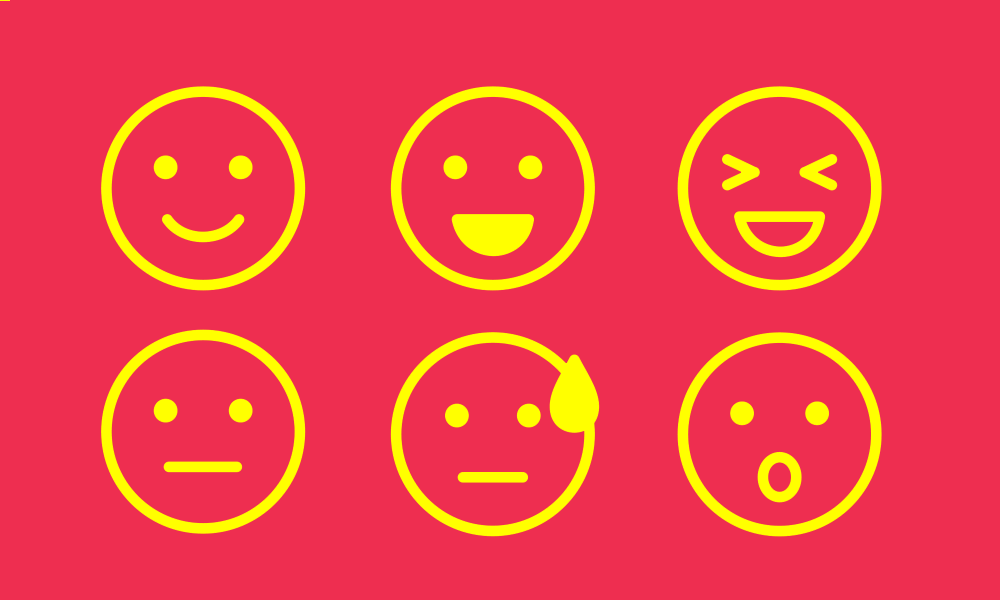
Keeping God Present in Your Mental Health
What comes to mind when you hear the words “mental health”? You might think of self-care, a “crazy” person or perhaps lying on a sofa interpreting your most recent wacky dream. While the world has many different ideas about mental health, the Catholic faith presents a beautiful understanding of it and ourselves. Simply put, mental health is about relationships.
What comes to mind when you hear the words “mental health”? You might think of self-care, a “crazy” person or perhaps lying on a sofa interpreting your most recent wacky dream. While the world has many different ideas about mental health, the Catholic faith presents a beautiful understanding of it and ourselves. Simply put, mental health is about relationships.
Mirror image
St. Augustine of Hippo once explained God as a Trinity of persons in this way: The Father has a perfect knowledge of himself, and that self-knowledge is so perfect that it is, in fact, the second person of the Trinity, the Son. He then loves the Son, as perfect self-knowledge, so perfectly that this love is the third person of the Trinity, the Holy Spirit. St. Augustine reveals to us that God as three persons knows and loves himself perfectly and calls us to do the same.
In understanding the Trinity as both perfect self-knowledge and love, we can understand mental health as a real reflection of the Trinitarian life. Every time we strive to know ourselves better and then to love ourselves as God intends, we are reflecting God. This is the core of mental health, a real relationship with yourself.
Your own best friend
Imagine for a second that your best friend is going through a hard time, what do you do for them? You might grab coffee or talk to them on the phone, and you will most likely be there to support them. You might also offer some advice or to help out, but overall it's an experience of being present, listening and understanding. When it comes to our own mental health we have to ask: Do I do that for myself? Are we as supportive, understanding and helpful to ourselves as a best friend would be? Mental health is primarily about having a real relationship with yourself, seeking to understand your thoughts, feelings and experiences so you can help yourself and grow as you make healthier and holier decisions in your everyday life.
The daily check-in
In striving to be like a best friend to yourself, we can begin by checking in with ourselves daily. The best part is that we can invite God in as we unpack what we are thinking and feeling. To do this we can begin by asking these simple questions: How am I doing today? What’s going through my head right now? How can I invite God into my thoughts and feelings? The simple process of pausing and checking in with ourselves allows us to reflect God in a real way. Understanding our own emotions and beliefs about life allows us to think intentionally about how we want to act and what choices we want to make.
Mental health from a Catholic perspective reminds us that God has made us in his image and likeness. It reminds us that we are made to know and love ourselves just as we are made to know and love God. God calls us to have a real relationship with ourselves each and every day and to invite him into the reality of our emotions, thoughts and experiences. He longs to be invited into our interior lives as we encounter him and ourselves in new ways!
Adam Cross is a licensed marriage and family therapist in California, and he worked as a youth minister at his local parish for 8 years. Adam loves to integrate the Catholic faith into his therapy practice.



